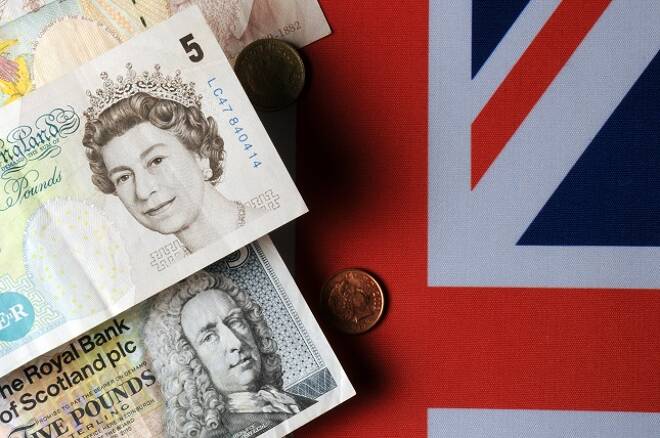Advertisement
Advertisement
Trade Negotiations Round 1 – The EU reveals its hand…
By:
The first round of talks go nowhere as expected and the Pound stands its ground. The issue of fisheries seem to be the EU's Achilles heel...
Brexit negotiations got back underway this week and things were no better as both sides failed to find common ground once more.
EU negotiators may be wishing to have treated Theresa May with enough respect to have supported her survival.
Dealing with David Frost and the British Prime Minister was never going to be easy. EU negotiators just got a taste of it. Worse yet, Barnier had a tantrum, something that politicians at such levels should at least be able to manage.
The Issue
Access to UK waters was certainly high on the list of issues that needed to be resolved going into talks. Both sides failed to find common ground this week.
Unsurprisingly, the EU wants a Norway style agreement and fishing laws will likely be the sticking point this time around. It may be a little like Britain wanting a Canada style trade agreement… And there it begins
Barnier did promise not to use fisheries as a bargaining chip, but when considering the EU’s desperation to have access to UK waters that promise may well be broken.
For the British PM, giving up fisheries to the EU would be calamitous, both for British fishers and for Brexit itself.
Britain is going to go it alone, with no strings attached. Failure to do so would be the end of Johnson’s political career. One thing that it won’t do, however, is reverse Brexit and force Britain to remain in the EU.
The good news is that negotiators still have until December. If the EU plans on moving point by point, starting at Fisheries, then Johnson’s announcement to walk away from talks by June should no framework be in place was a sound promise.
Let’s face it. If the EU had any interest in Britain, voters would not have voted to leave… Well, that point could be argued.
For Boris and the team, they may be able to justify giving the EU controlled access to British waters if it ticks all of the other Brexit boxes…
The Timeline
Negotiators are targeting to have a framework in place by June. The reason for this is that June is also the final month when Britain can request an extension to the transition period.
It comes as no surprise that the British PM talked of walking away from negotiations at this juncture. Boris Johnson has been clear that there would be no extension to the transition period.
Assuming that both sides can make it beyond June, 26th November is the next date for the Brexit diary. A trade deal needs to have been ironed out to ensure that the European Parliament has sufficient time to ratify the deal by the end of the transition period.
We can expect both sides to continue to hammer it out and we may even see outside influence.
French President Macron continues to take a leadership role in the EU and failure to navigate the EU through the Brexit process could be the end of his political career.
With Merkel on the way out, a lack of a voice could be quite damaging for the Establishment. Even more so, with the likes of Trump and Johnson as heads of state…
Will the U.S President meddle? Almost certainly…
For the Pound
We saw resilience today. This time last year, a lack of progress in talks would have sent the Pound deep into the red.
Having been through the dress rehearsal, this is the main event as far as the British Government is concerned.
There is a majority government and the people voted in favor of the Tories to navigate Britain out of the EU.
For Boris, that means a departure even if it means reverting to WTO trade terms.
For the EU, a loss of access to UK waters? Well, that may ultimately be a pill too bitter even for Macron to swallow…
At the time of writing, the Pound was up by 0.34% to $1.29147, with the post talks EU press conference doing little to spook the markets.
About the Author
Bob Masonauthor
With over 28 years of experience in the financial industry, Bob has worked with various global rating agencies and multinational banks. Currently he is covering currencies, commodities, alternative asset classes and global equities, focusing mostly on European and Asian markets.
Advertisement
